France/Sélune River : the large Roche qui boit dam removed
– The “La Roche qui boit” dam has been removed!
After many postponements, the second 17-metre high dam “La Roche qui boit” on the Sélune has been demolished. A 45-metre wide breach has already been opened to allow the flow of any floods. The remaining sides of the 120 m wide structure and the renaturation work should be completed by the end of 2022. After the demolition of the 37 m high Vezins dam two years ago, the ecological continuity of the historic salmon river Sélune is now restored after about 100 years. In the main river alone, more than 60 km are free and allow access to former spawning sites. Salmons could swim up the Sélune from the Baie Saint Michel during the next salmon migration, at the latest in spring 2023. Two castillons (salmon that have only spent one year at sea) have already been observed by specialists just downstream of the “Roche qui boit”. The campaign for a free Sélune led by associations including ERN, the French Fishing Federation, FNE and others will have lasted 20 years. A great success!
Copyright : ERN – Roberto Epple
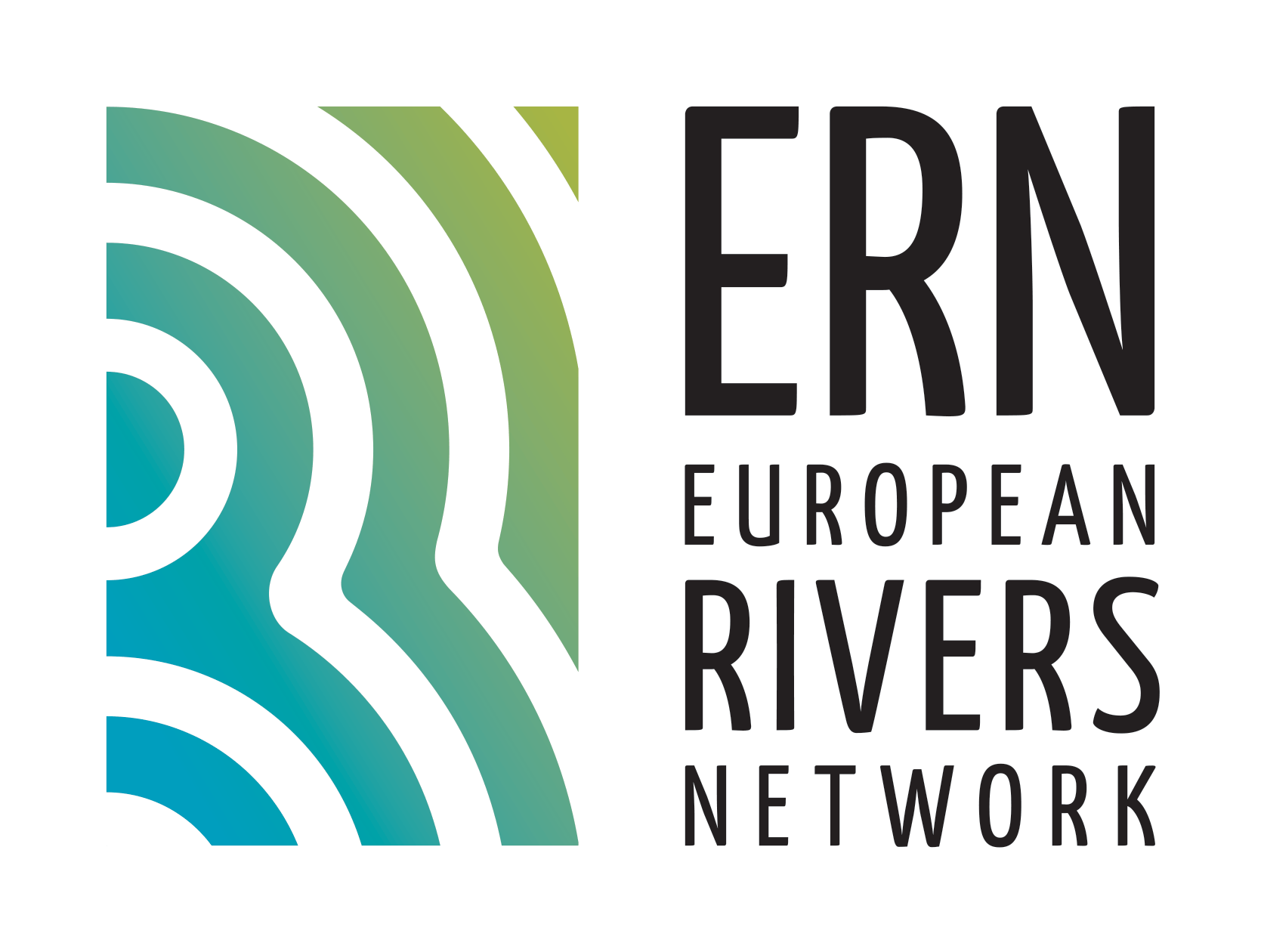
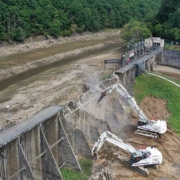
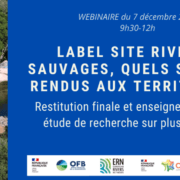




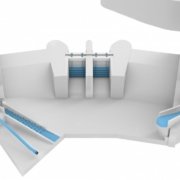
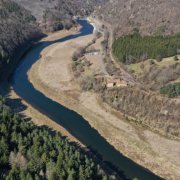
 ERN France
ERN France ERN is the official WWF Freshwater Partner in France and cooperates with WWF Switzerland, Austria, Netherlands and others
ERN is the official WWF Freshwater Partner in France and cooperates with WWF Switzerland, Austria, Netherlands and others